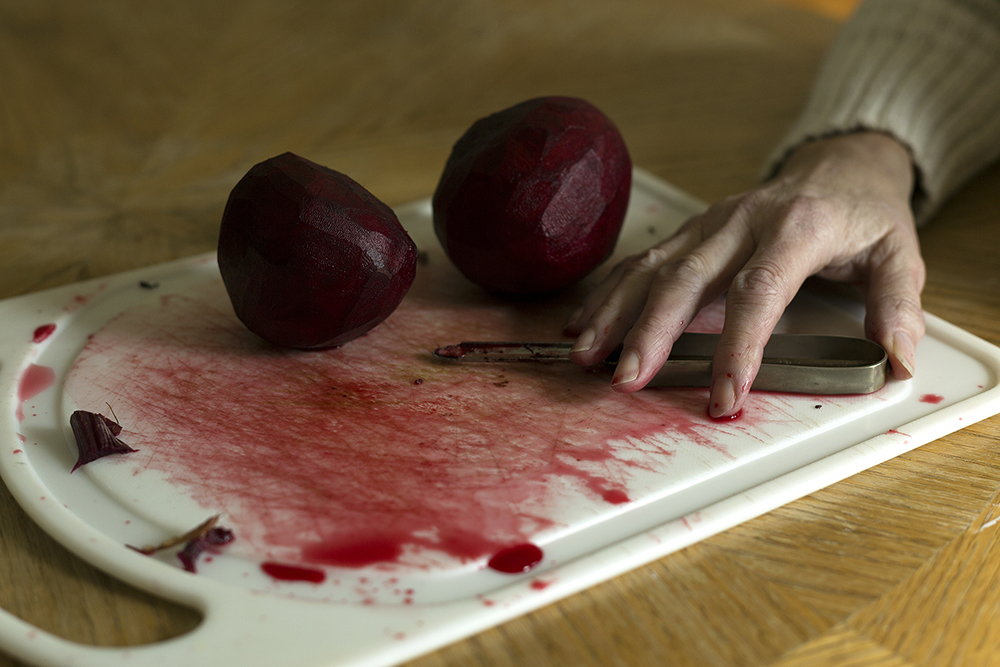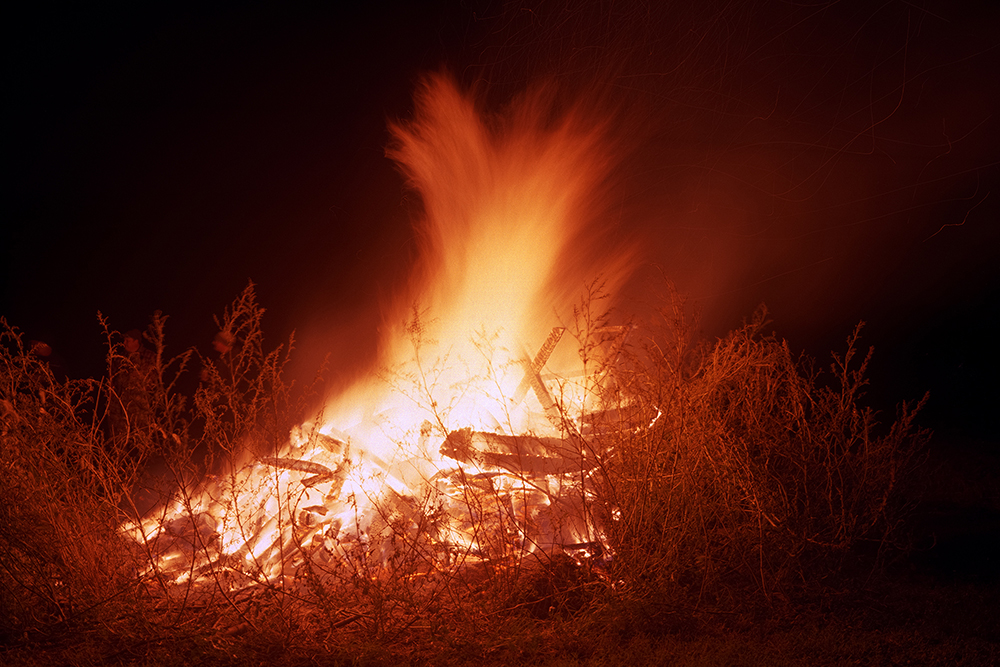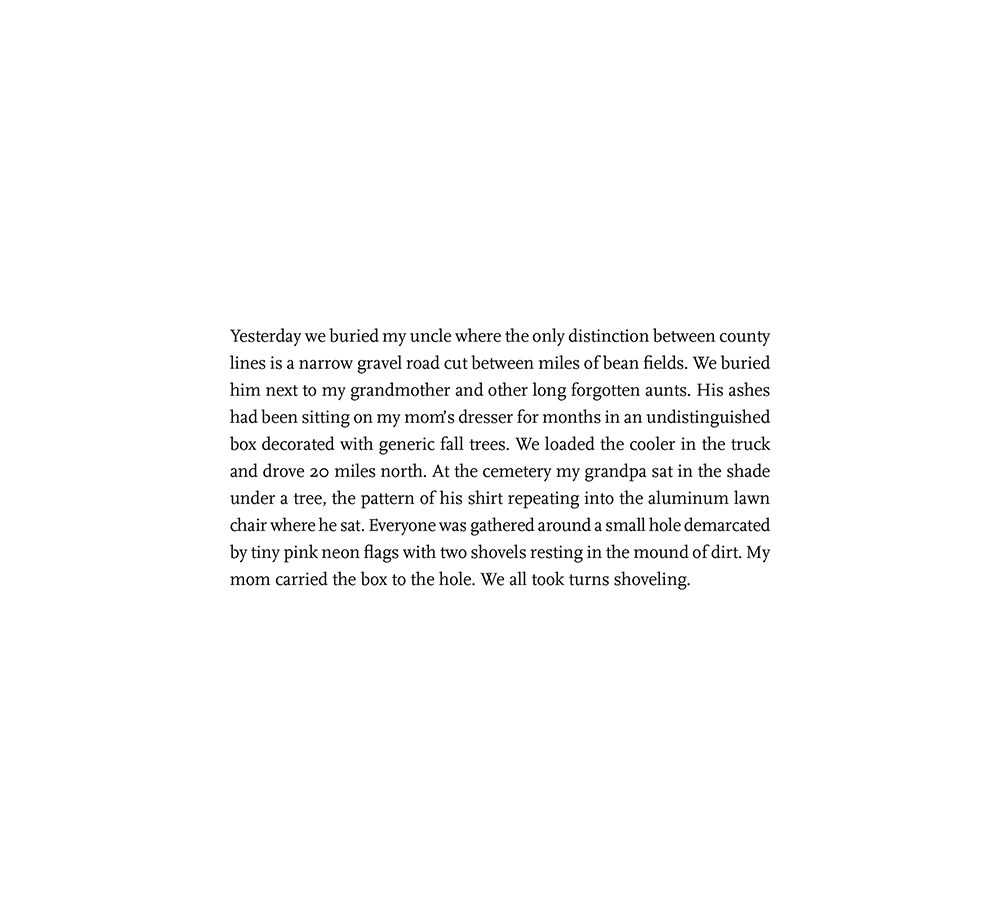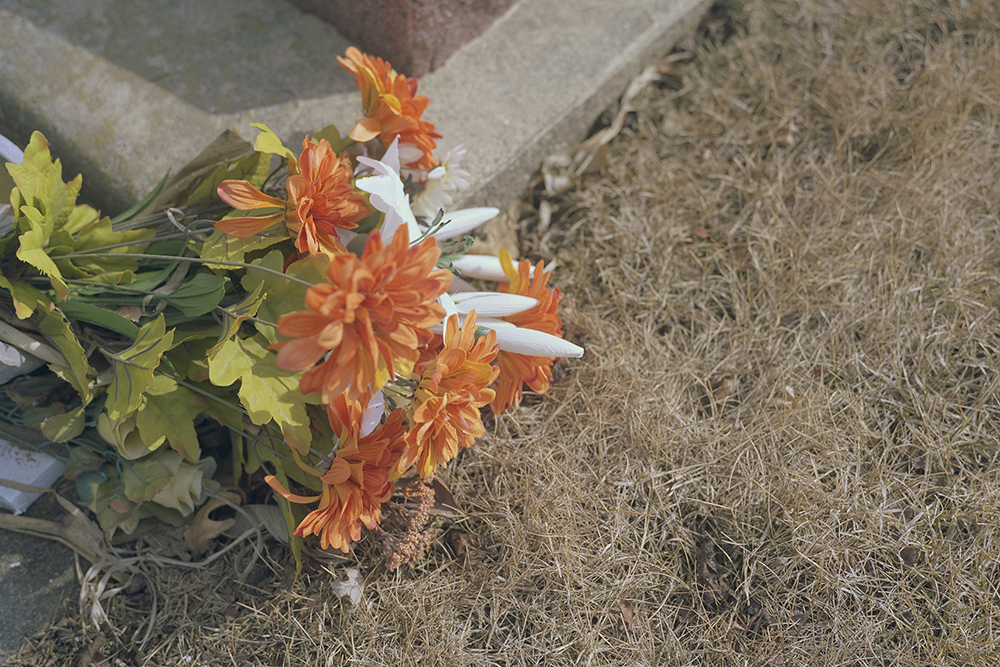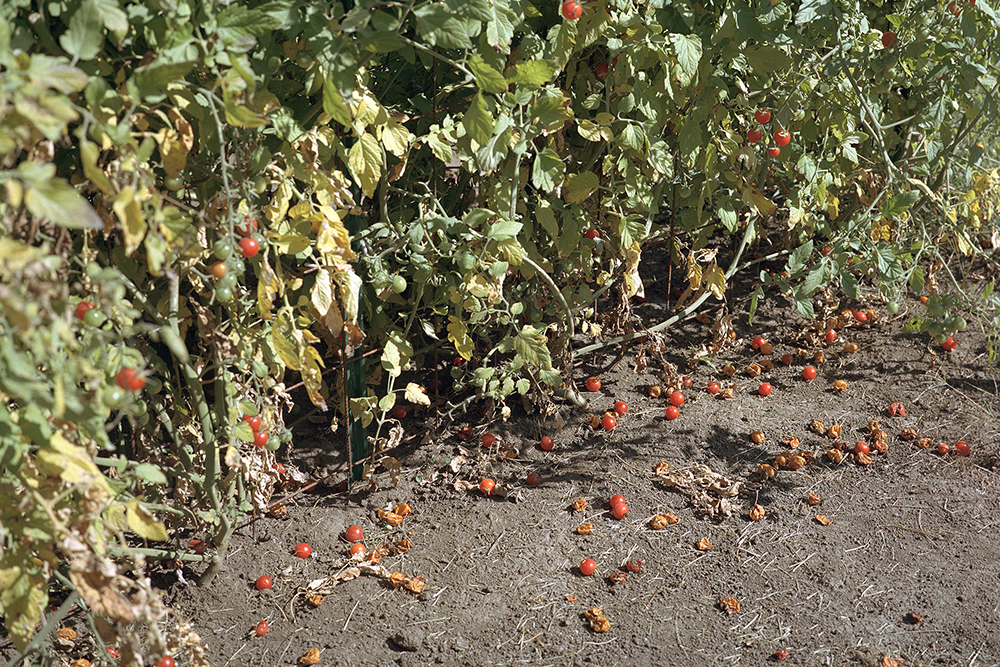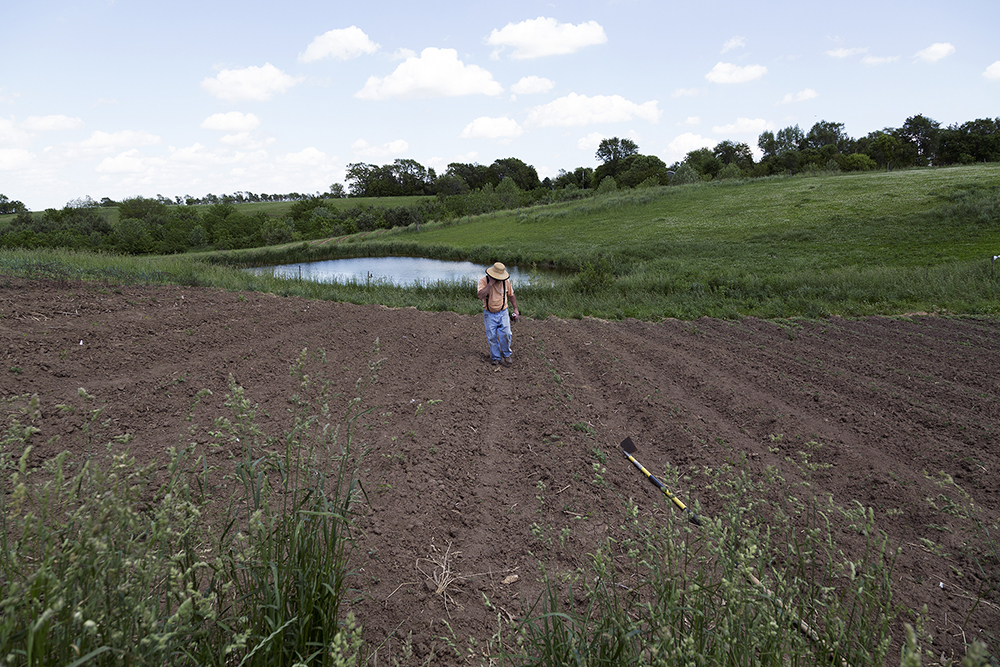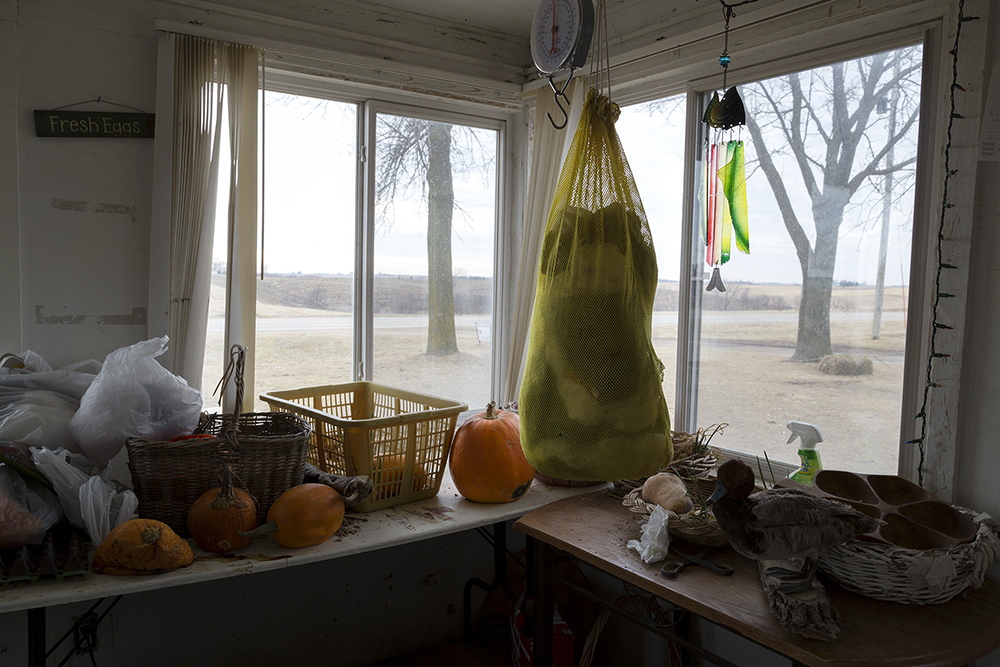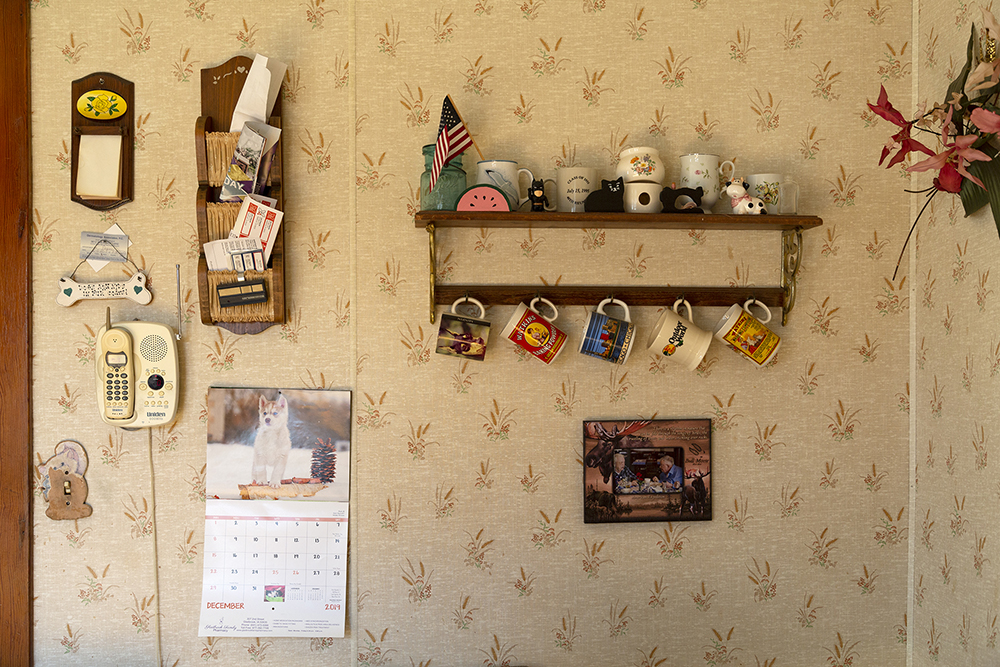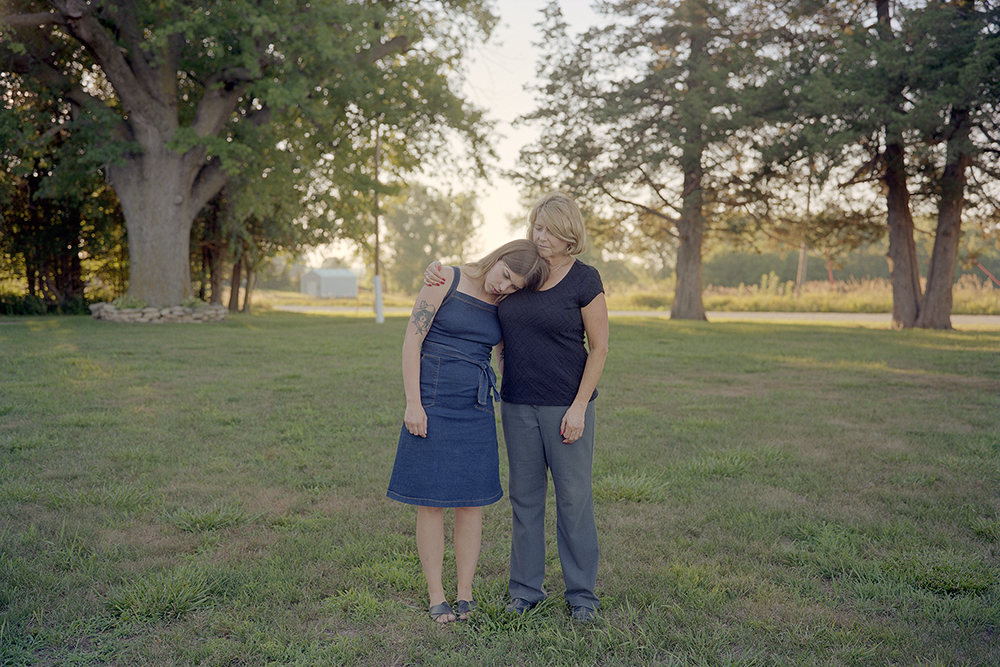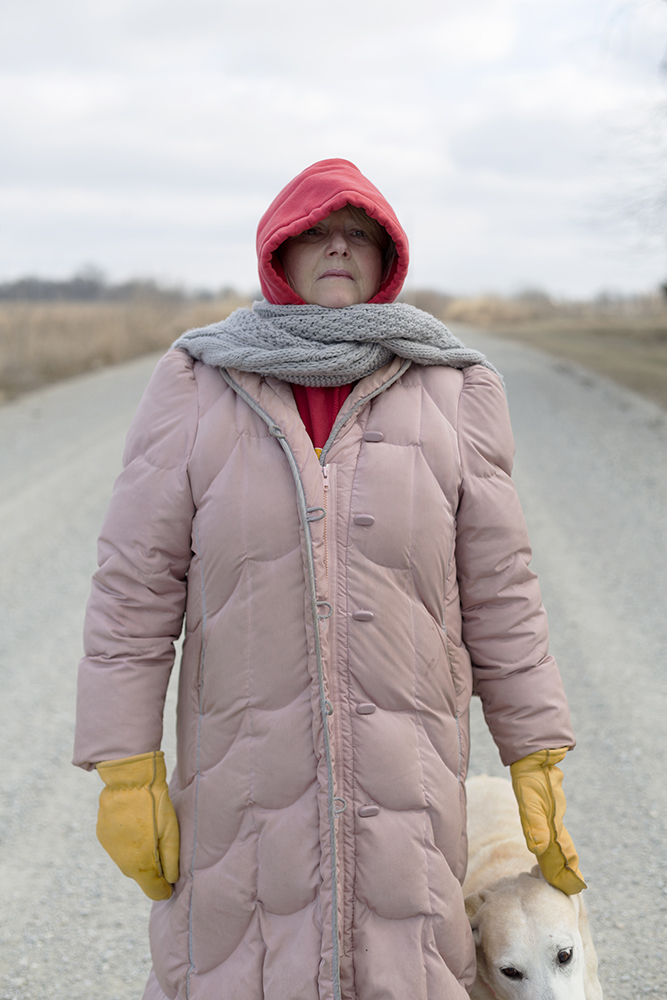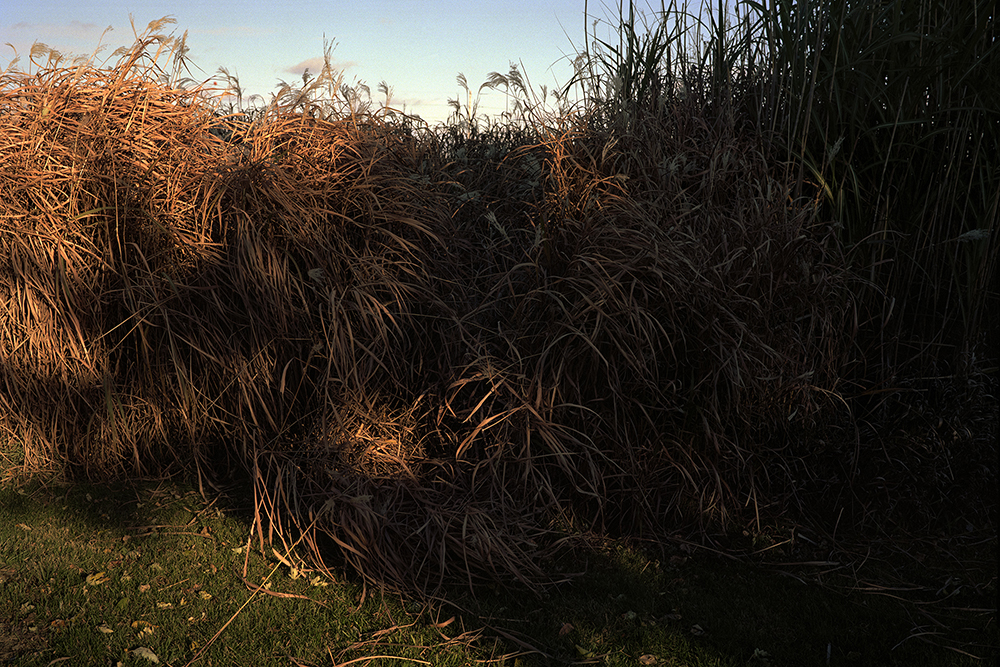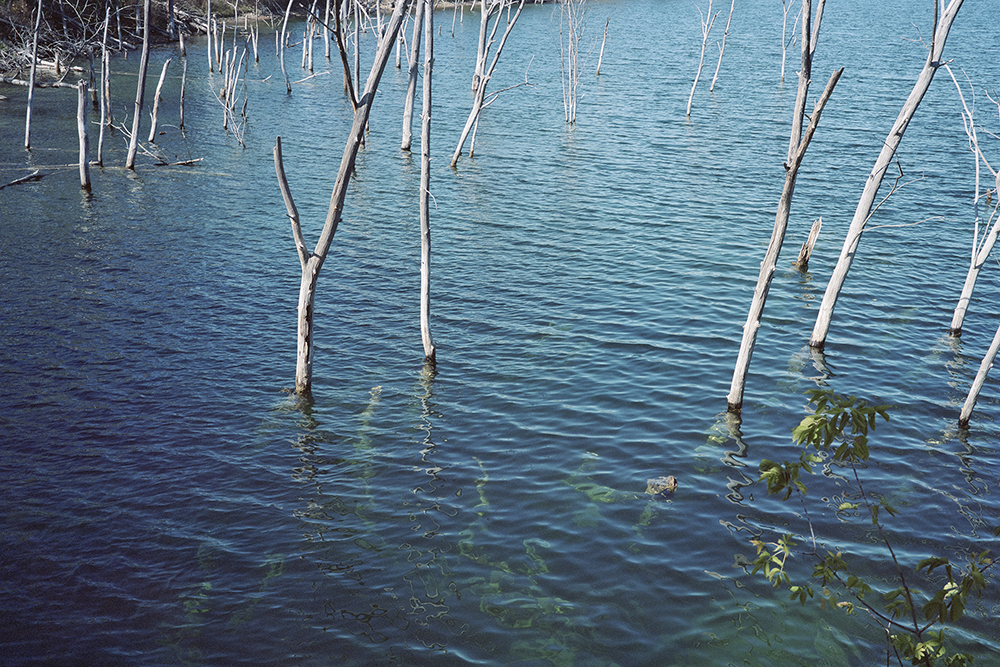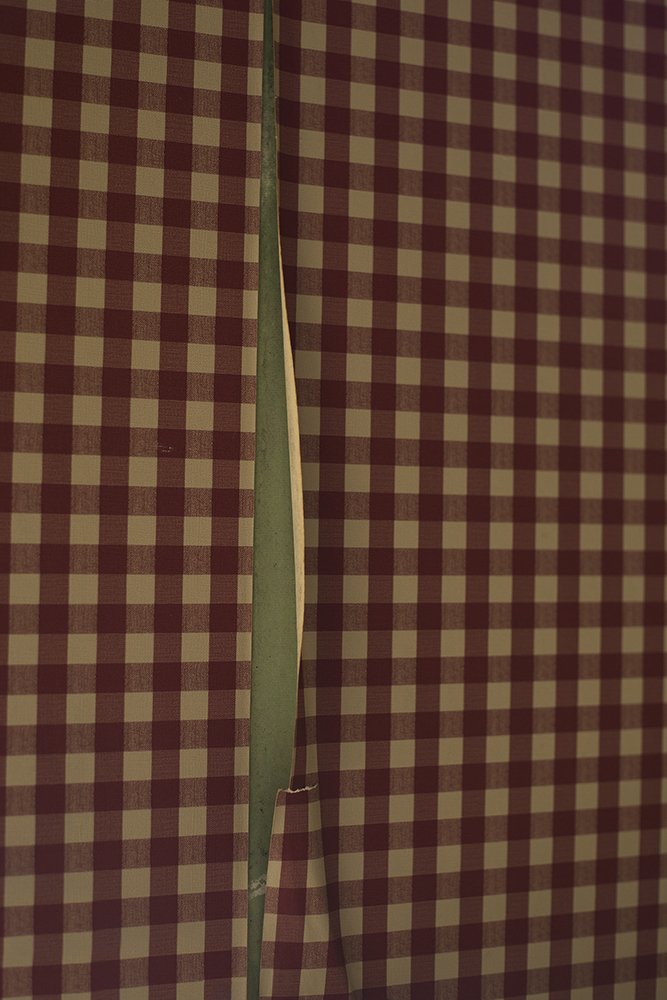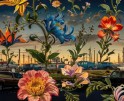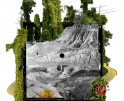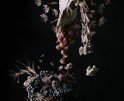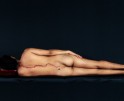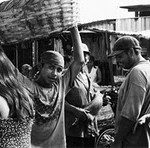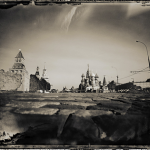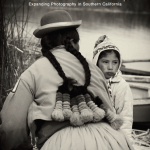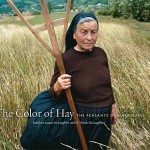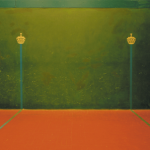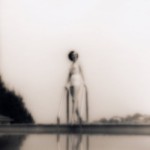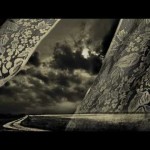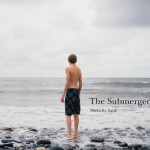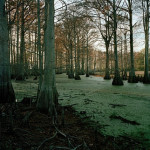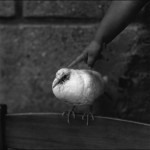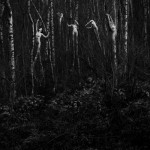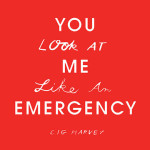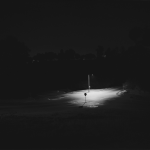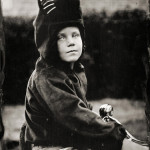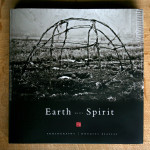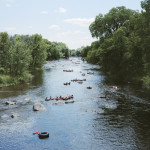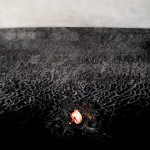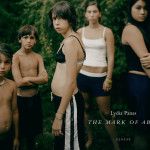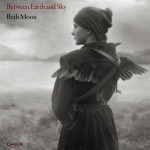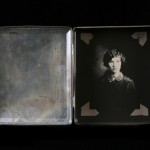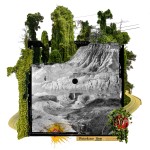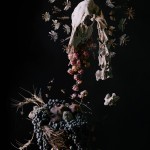Chelsea Darter: A Prairie Fisher King
This week, we will be exploring projects inspired by place. Today, we’ll be looking at Chelsea Darter’s series A Prairie Fisher King.
I can’t quite remember when I first came across Chelsea Darter’s work, but I’m certain it was while I was in graduate school. I was amazed at her explorations of place through a narrative-driven lens. I bookmarked her work immediately and have gone back to both A Prairie Fisher King and Route 66 whenever I need a bit of breath of fresh-photographic air. Chelsea shows the quiet aspects of her narratives. In particular, A Prairie Fisher King is paired with a written poetic narrative focused on family. The images give powerful visuals of the traditional American family, home, and the questions we grapple with as individuals. Chelsea expertly weaves these questions and images into a resonating series.
Chelsea Darter is a lens-based artist whose work centers place attachment, family relationships, mythology and class in the United States. She earned her MFA from Columbia College Chicago in 2018 and her BFA from the University of Iowa in 2013. Darter’s work has been exhibited nationally and internationally and has been featured in various publications including Fraction Magazine, Light Leaked, and Humble Arts Foundation. She’s originally from the Midwest, but currently lives in New Mexico.
Follow Chelsea on Instagram at: @chelseadarter
A Prairie Fisher King
Named after the wounded Fisher King of Arthurian Legend, A Prairie Fisher King is a body of work reflecting on the nature of familial hardship and generational connection through the lens of place. Drawing from memory, a narrative is woven in the form of photographs and text of the Iowa countryside where my family has lived for generations.
Initially conceived as a bittersweet love letter to home, A Prairie Fisher King considers the various myths we construct in order to survive in the face of inevitable change. Through the accumulation of intimately described detail a search for reconciliation becomes palpable. I assume the role of reluctant hero and return to seek the damaged king, to seal old wounds and to salve the land.
Epiphany Knedler: How did your project come about?
Chelsea Darter: I started an early iteration of this project in the summer of 2016, but the idea for the project came about a year earlier. I was going through a difficult time and was making frequent trips back to my hometown in Iowa. During these trips home I began to reflect on the tension between wanting familiarity and the discomfort I had felt growing up in a small town. This was also during the lead up to the 2016 election and I had become hyper aware of how rural America was being perceived and how in particular my hometown had changed. A Prairie Fisher King was born out of my attempt to describe these feelings of rootedness, nostalgia, and grief I was experiencing over my inability to recover the past.
EK: What relationship does place or location play within your practice?
CD: Place plays a huge role in my practice. In the introduction to her 1997 book, The Lure of the Local, Lucy Lippard calls place “the locus of desire” and I don’t think anyone has ever put it so succinctly. Place is not just physical location, but a combination of memory, culture and lived experience. Place is deeply personal and is often idealized. We tend to project whatever it is that we feel we’re lacking onto a place; it becomes a goal to reach. When we romanticize a place, either individually or as a collective, we’re saying a lot about our identity, values and what we desire. The romanticization of a place, and its inevitable failure to live up to our idealization of it, are themes I explore frequently in my work.
For A Prairie Fisher King, I was most interested in illustrating my experience of place. The work depicts rural Iowa, but the specific location is never laid out for the viewer in the work itself. Really, it could be anywhere in rural America. My goal was to depict an intimate and complicated connection to place and allude to a specific rural experience.
EK: Can you talk about the inspiration you find in stories or mythologies?
CD: I drew inspiration for A Prairie Fisher King from T.S. Elliot’s The Wasteland, in which Elliot uses the Arthurian Fisher King archetype to portray a crumbling, modernist society. In the myth, the Fisher King becomes wounded, and his kingdom becomes a wasteland. The land can only thrive once the wound is healed. In the Fisher King archetype, I saw parallels between my own “wounds” as well as the wounds of the land and its people caused by years of exploitative policy making. I think the myth format is so compelling because myths help us make sense of our experiences.
EK: What role does history play in your project, especially in relation to nostalgia and family?
CD: My family history is the backbone of A Prairie Fisher King. Most of my family is working class and has lived in rural Iowa for generations. Working on this project was largely a way of understanding and communicating the effects of intergenerational poverty and growing up in an economically depressed town.
I think nostalgia is inevitable when you’re working on a project about home and family. However, I’m also aware that nostalgia has a tendency to distort the past and can be weaponized as a powerful persuasion tactic. Throughout this series I was grappling with nostalgia, but I was also interested in depicting nostalgia’s shortcomings. The idea that you can’t alter history, recover your childhood, or truly go home again is what I tried to impart the series with.
Epiphany Knedler is an imagemaker sharing stories of American life. Using Midwestern aesthetics, she creates images and installations exploring histories. She is based in Aberdeen, South Dakota serving as a Lecturer of Art and freelance writer. Her work has been exhibited with Lenscratch, Dek Unu Arts, F-Stop Magazine, and Photolucida Critical Mass. She is the co-founder of MidwestNice Art.
Follow Epiphany Knedler on Instagram: @epiphanysk x
Posts on Lenscratch may not be reproduced without the permission of the Lenscratch staff and the photographer.
Recommended
-
Earth Week: Aaron Huey: Wallpaper for the End of the WorldApril 26th, 2024
-
Earth Week: Casey Lance Brown: KudzillaApril 25th, 2024
-
Tara Sellios: Ask Now the BeastsApril 6th, 2024
-
ALEXIS MARTINO: The Collapsing Panorama April 4th, 2024
-
Emilio Rojas: On Gloria Anzaldúa’s Borderlands: The New MestizaMarch 30th, 2024

